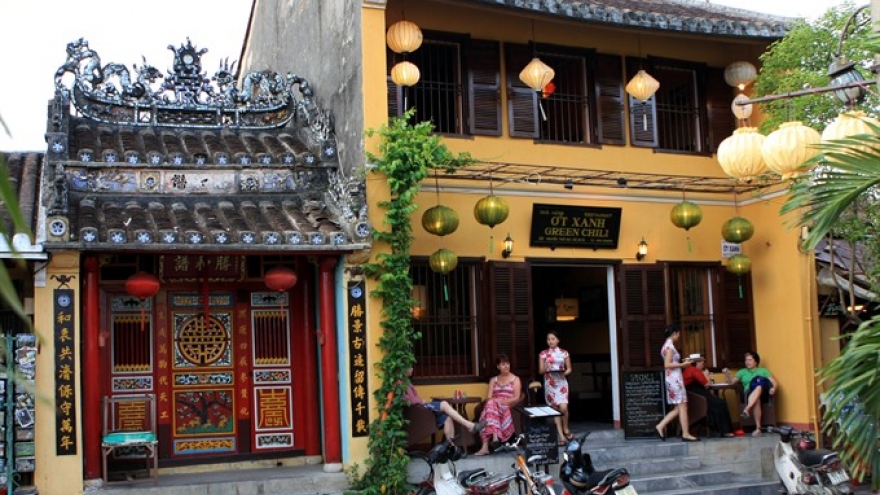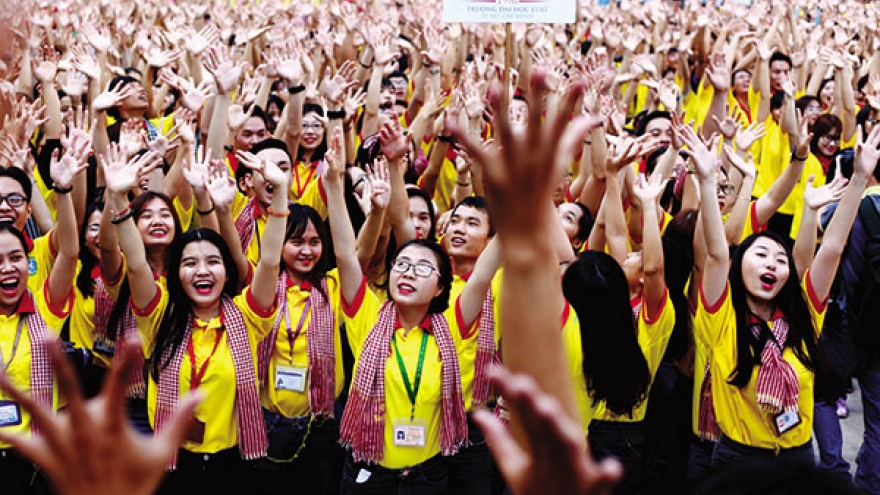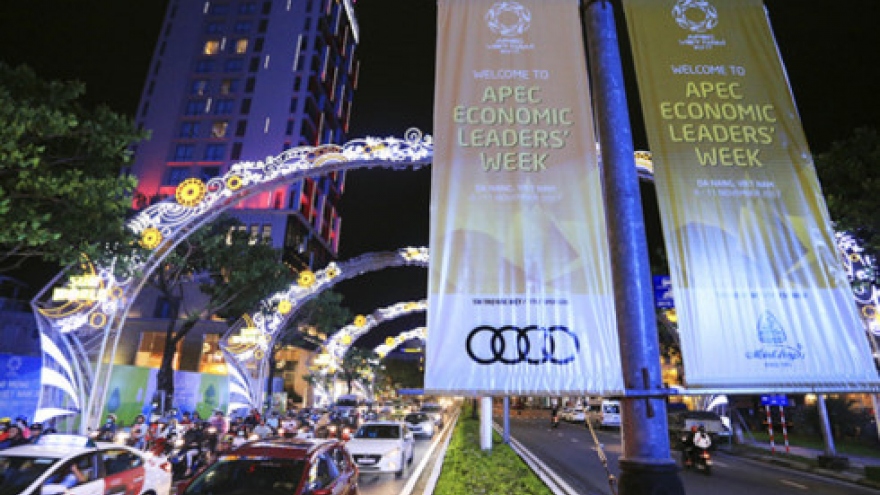APEC 2017: Vietnam affirms active role in APEC
Hosting the Asia-Pacific Economic Cooperation (APEC) Forum for a second time shows that Vietnam is an active and responsible member of the group, making effective contributions to APEC’s development after 19 years of membership.
APEC was the first economic cooperation mechanism in Asia-Pacific Vietnam joined after entering the “Doi moi” (reform) process, with a focus on long-term cooperation frameworks with partners in the region.
Over the past 19 years, with the motto of cooperating to jointly build a peaceful, stable, developing and prosperous Asia-Pacific community, Vietnam has proved an active member via promoting economic connectivity and reinforcing the regional multilateral trade system.
 |
| Pano welcomes APEC 2017 in Da Nang city |
Vietnam has not only participated in APEC cooperation programmes in various fields and implemented APEC cooperation commitments but also put forth proposals and initiatives to facilitate trade and investment in the region.
The country’s practical and remarkable contributions to APEC during its 19-year membership have increased trust from other economies. Notably, Vietnam made positive impressions during its first time hosting APEC in 2006, which mapped out long-term cooperation plans for APEC, especially the Hanoi Action Plan to implement the Busan Roadmap towards the Bogor Goals on trade and investment liberalisation by 2020.
The hosting of APEC 2006 and other forums in recent years has helped Vietnam gain experience in preparing for and contributing ideas, initiatives and major orientations for the APEC Year 2017.
The country selected “Creating New Dynamism, Fostering a Shared Future” as the theme of APEC 2017 to promote growth via extensive and intensive economic cooperation and integration in Asian-Pacific.
Vietnam proposed four main priorities, including promoting sustainable, innovative and inclusive growth; deepening regional economic integration; strengthening competitiveness and innovation for micro-, small-and medium-sized enterprises in the digital age; and enhancing food security and sustainable agriculture in response to climate change.
The 25th APEC Economic Leaders’ Meeting this week in the central coastal city of Da Nang will contribute to maintaining the role and position of APEC as well as building a self-reliant, dynamic and prosperous Asia-Pacific.
Established in 1989, the Asia-Pacific Economic Cooperation (APEC) forum comprises 21 economies, including Australia, Brunei, Canada, Chile, China, Hong Kong-China, Indonesia, Japan, the Republic of Korea, Malaysia, Mexico, New Zealand, Papua New Guinea, Peru, the Philippines, Russia, Singapore, Chinese Taipei, Thailand, the US, and Vietnam.
APEC represents about 39% of the world’s population and contributes 57% to global GDP and 49% of international trade.



